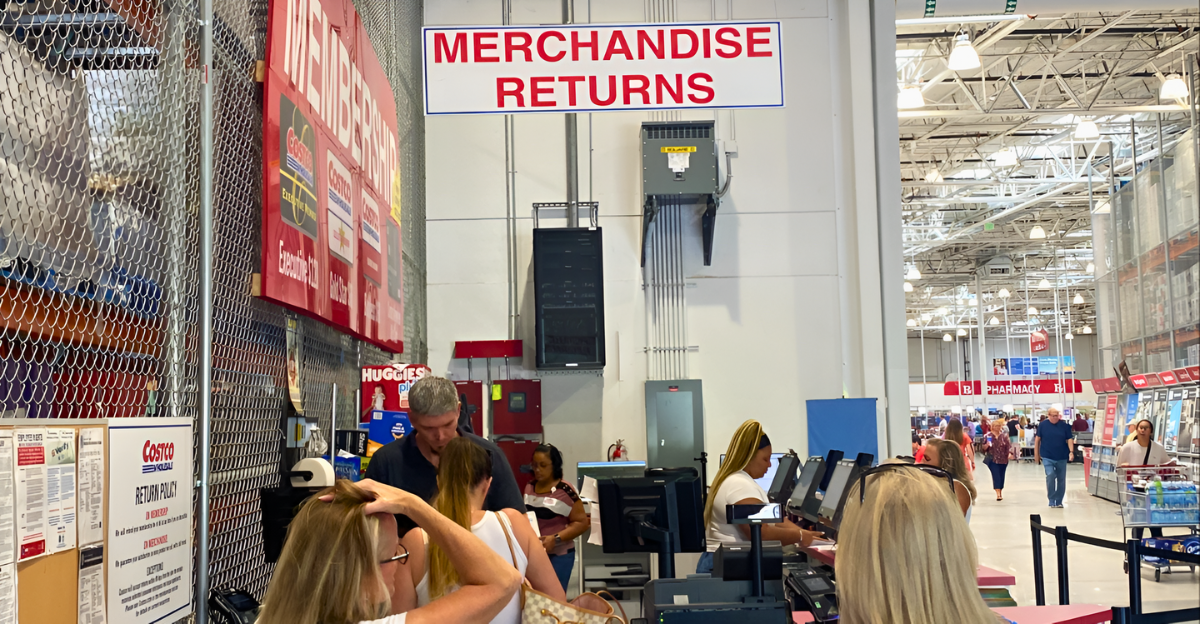
Costco is making a strategic commitment to consumer safety and brand credibility when it issues a nationwide recall and instructs customers to throw away dozens of potentially hazardous products. This is especially crucial in a time when supply chains are intricate and globalized, making it possible for a single tainted batch to reach millions of customers across the country swiftly. Recall incidents have the potential to affect millions of households in today’s retail environment, endanger public health, and erode confidence in international supply chains.
Customers’ reliance on reliable merchants like Costco to guarantee that the products they buy won’t harm their health is increased by the rising demand for large purchases during uncertain economic times. Furthermore, these recalls frequently garner a lot of media coverage, which reflects broader societal worries about the safety of food and products.
Lessons Learned from the Past
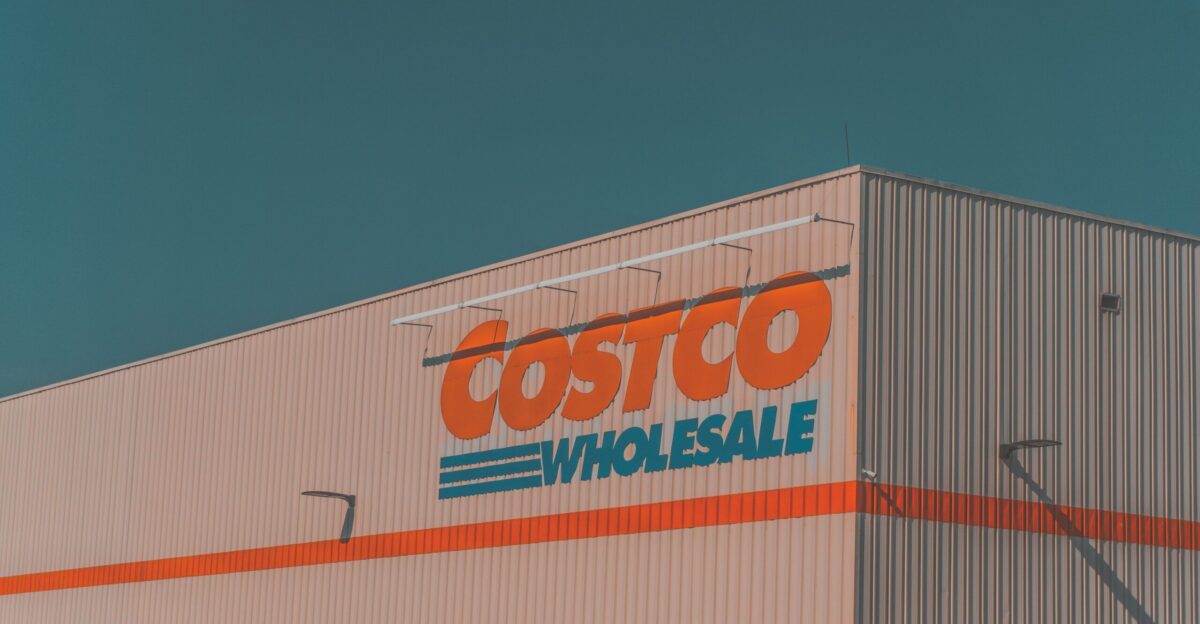
Costco has experience with product recalls. Over 172,000 pounds of Kirkland ground beef were recalled by Costco in 1998 as part of one of its biggest recalls ever because of possible E. coli contamination. This was a historic event for retail food safety, highlighting flaws in the distribution and processing of meat and emphasizing the need for an open and quick response.
Since then, the number and scope of recalls have increased, increasingly involving frozen foods, packaging materials, and private-label necessities that Costco sells under the Kirkland brand in addition to meat products. Every incident has highlighted the strategic necessity that improper recall management harms brand equity to a far greater extent than the original flaw or contamination. Such recall incidents have also been crucial in determining regulatory reactions.
The Rising Tide: The Reasons Behind the Rise in Recalls
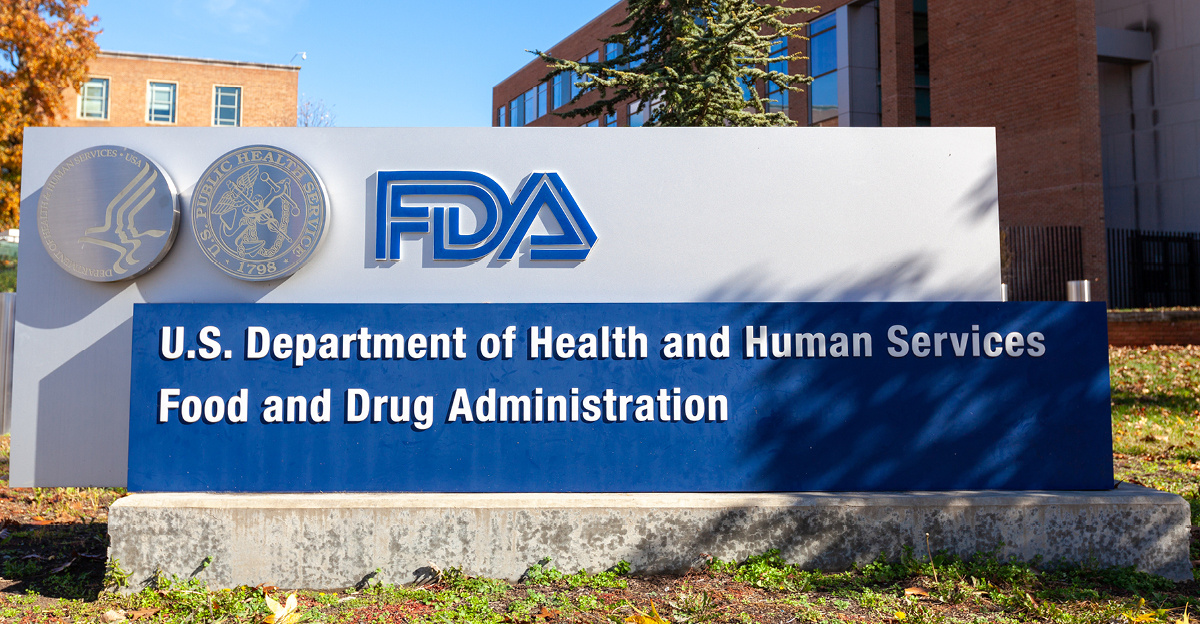
The frequency and extent of recalls in the food and retail sectors have alarmingly increased in recent years. Recalls of food and beverages rose by about 8% annually as of 2023, hitting levels not seen since the early 2010s. Stricter federal and state regulatory frameworks, prompted by the FDA’s Food Safety Modernization Act (FSMA) and new allergen reporting regulations, are partially to blame for this.
In fact, compared to prior years, the number of recalled food units rose by an astounding 700% in 2022. This increase was ascribed to both a period of supply chain disruption brought on by the pandemic and better detection techniques and reporting requirements. Due to these increased risks, big retailers are forced to act as crisis managers in order to protect customers while preserving business operations, making them the front-line guardians of public health.
Consumer Reactions and the Psychology of Recall
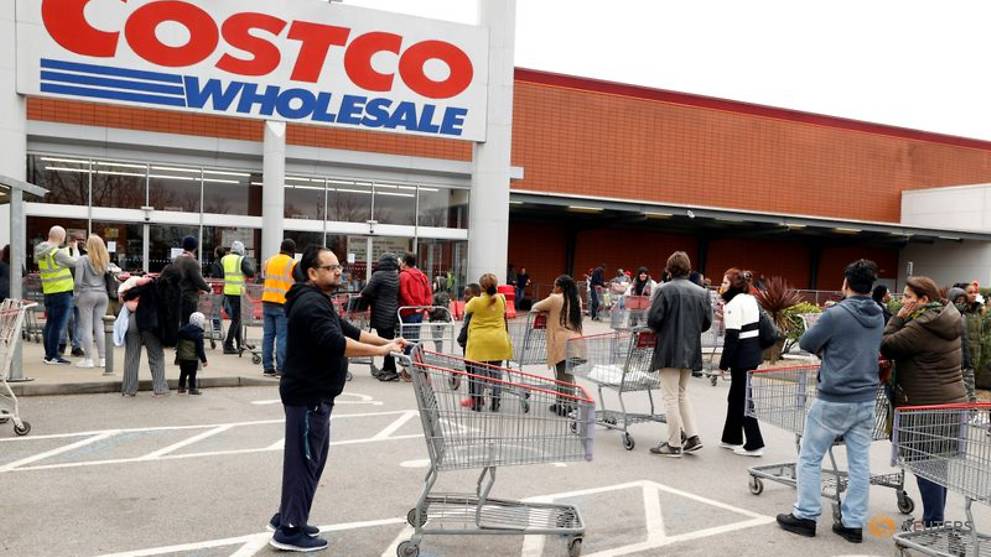
Every memory is the result of a complicated psychological process that is based on perceptions of risk, fear, and trust. Consumer psychology research shows that, depending on how the event is handled, recall announcements frequently elicit a range of responses, from relief and renewed brand loyalty to anger and anxiety. Some customers feel deeply betrayed by a recall, especially those who have high standards for quality and safety. This makes them question whether they will make the duplicate purchases in the future and makes them reevaluate their brand loyalty.
This phenomenon, which is frequently called the “Costco effect,” occurs when recall communication is proactive and transparent, and the retailer’s reputation for quality and member service mitigates negative fallout. Furthermore, the psychological impact is exacerbated by social media: although consumer indignation can quickly spiral out of control, effective recall communication can also use these channels to reassure stakeholders and rally rapid response efforts.
Strategic Calculus: Costco’s Only Option

Costco has no choice but to issue a recall when operational risks reach a critical threshold, according to strategic calculus. Costco’s product recalls in 2025 covered a wide range of categories, including mass-market food recalls involving bacterial contamination found through routine testing and home appliances, including air conditioners suspected of internal mold development.
in the litigious and activist world of today, delaying the recall of impacted products can lead to class-action lawsuits, which are exacerbated by investigative journalism and social media campaigns. From the perspective of reputation management, the recall serves as a tactical buffer, shielding the business from drawn-out legal disputes and sending a message to both customers and regulators that Costco puts safety before immediate financial gain.
Industry-wide ripple effects of the second order

Beyond its immediate supply chain, Costco’s nationwide recall has far-reaching second-order effects. Suppliers involved in the recall are subject to immediate audits and operational disruptions; many are also required to enhance traceability systems and safety procedures in order to satisfy Costco’s exacting standards. By establishing greater standards for food safety and product quality that rivals and partners now feel compelled to meet or surpass, these mandated improvements have an impact on the entire industry.
Insurers and warranty providers keep a close eye on these developments outside of the retail sector. They frequently adjust their risk models in response to significant recalls, which may result in higher premiums or more stringent policy requirements for riskier product categories. When creating new compliance frameworks or enforcement strategies, regulators might also use Costco’s response as a practical case study.
Consumer Behavior and Economics
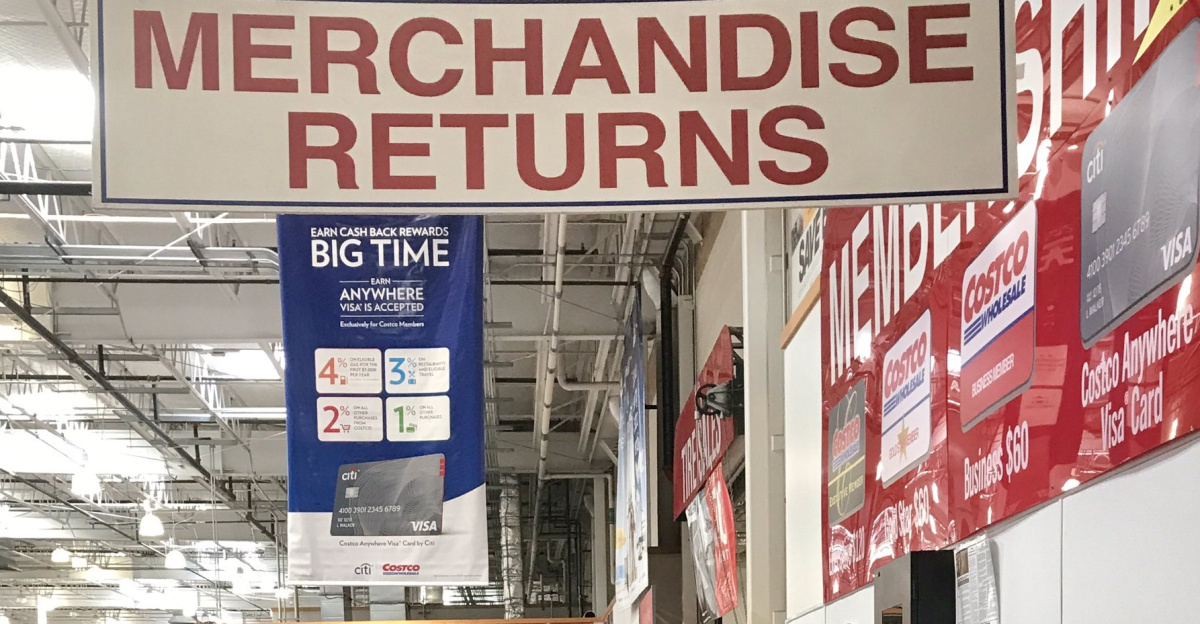
The immediate operational costs of recalls are only one aspect of their economics. Processing refunds, managing returns, and terminating or renegotiating supplier contracts are all tangible short-term pain points associated with recall logistics, but these are frequently outweighed by long-term strategic advantages. A well-planned recall protects Costco’s premium brand and deters suppliers or rivals who might otherwise be tempted to compromise on quality or safety.
Those classified as “lovers” and “rationalists,” according to analytical consumer segmentation research, are less likely to defect when given clear information and practical solutions, demonstrating a nuanced balance between risk tolerance and brand commitment. Consumer demands for transparency, product provenance, and retailer accountability are consistently raised by these recall decisions, which have an impact on broader market expectations.
Remembering as a Spark for Innovation
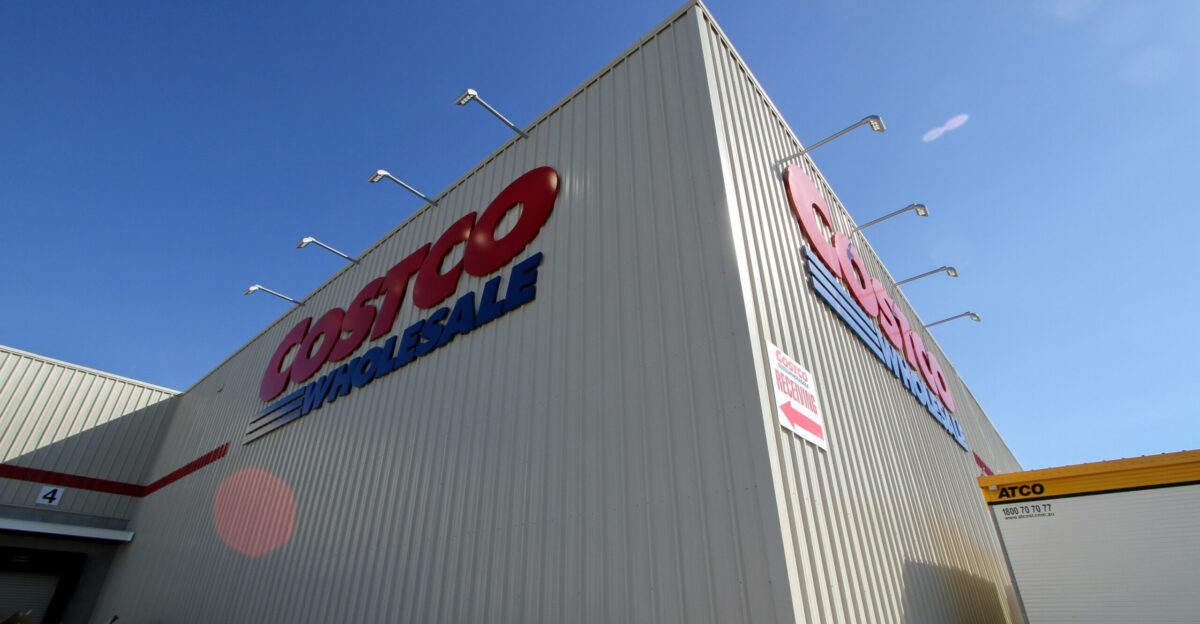
Large-scale recalls can be effective catalysts for innovation and industry advancement, despite the common misconception that they only indicate failure. Costco is forced to invest in state-of-the-art quality control technologies, such as blockchain-enabled traceability platforms, artificial intelligence for anomaly detection, and real-time supply chain tracking systems, due to operational disruption and public scrutiny.
In the past, significant recall incidents have sped up the adoption of technology in the food and retail sectors, allowing for predictive analytics that detect hazards before goods are delivered to customers and batch tracking. Ironically, the act of “throwing away dozens of items” turns into a necessary disruption that helps to spark a safer, more intelligent supply chain.
Frameworks for Success: Insights from Crisis Management
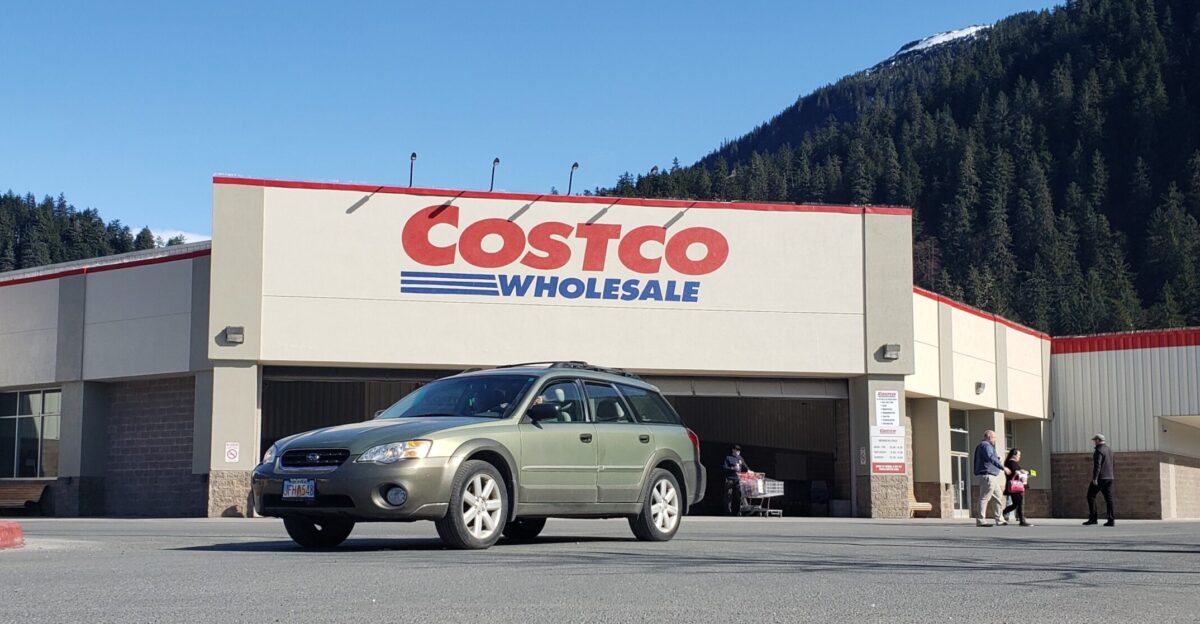
Costco’s recall response serves as a model for other businesses dealing with comparable issues and is a prime example of crisis management best practices. Thorough pre-event preparation, which includes required recall simulations, rigorous contingency planning, and cross-functional teams specially trained for quick recall execution, is essential to its success.
All of these elements work together to limit harm and reputational damage by reducing the window of time that consumers are exposed to potentially hazardous products. As demonstrated by case study data linking preparedness to lower financial impact and higher post-recall recovery rates, companies that excel in recall readiness routinely outperform rivals.
Why This Recall Was Not Just Smart, But Also
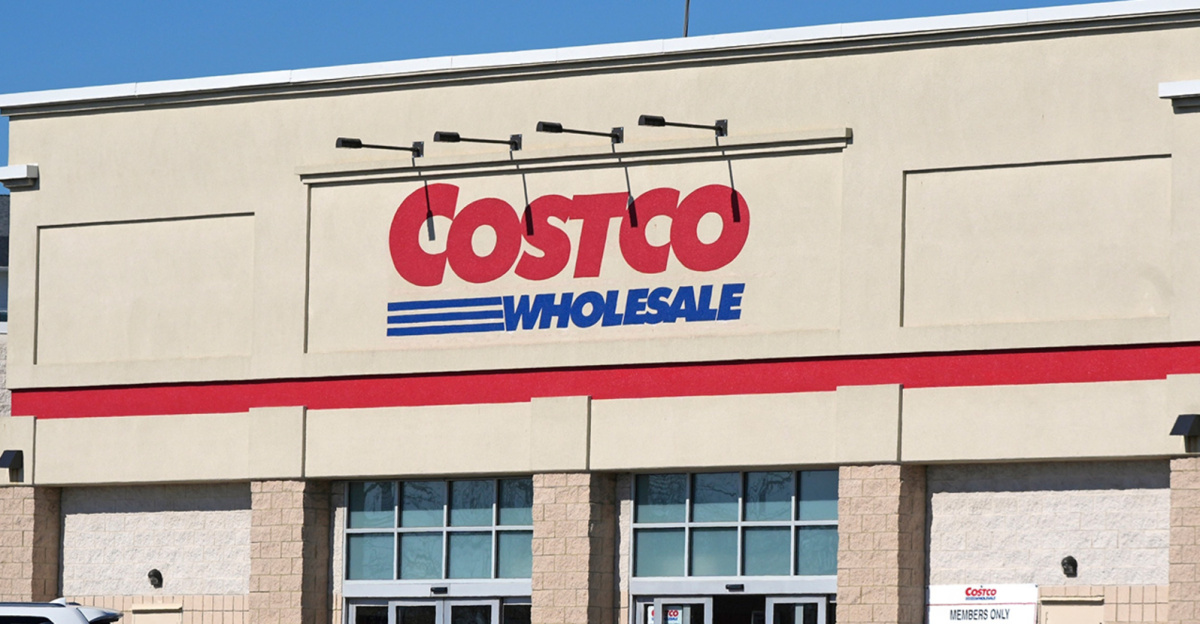
In addition to being a necessary intervention, Costco’s nationwide recall order telling customers to discard dozens of products was a wise strategic move that demonstrates the company’s integrity and leadership in the retail industry. At a moment when public scrutiny of corporate accountability is at its highest, Costco demonstrates its unwavering commitment to consumer safety, regulatory compliance, and brand integrity by taking on these operational and supply chain risks head-on.
Such action and transparency are the foundations of resilience, not weakness, in a viral culture that is prone to swift outrage and changing social expectations. For years to come, the ripple effects of the recall will change market dynamics, consumer expectations, and supply chain norms, establishing.
